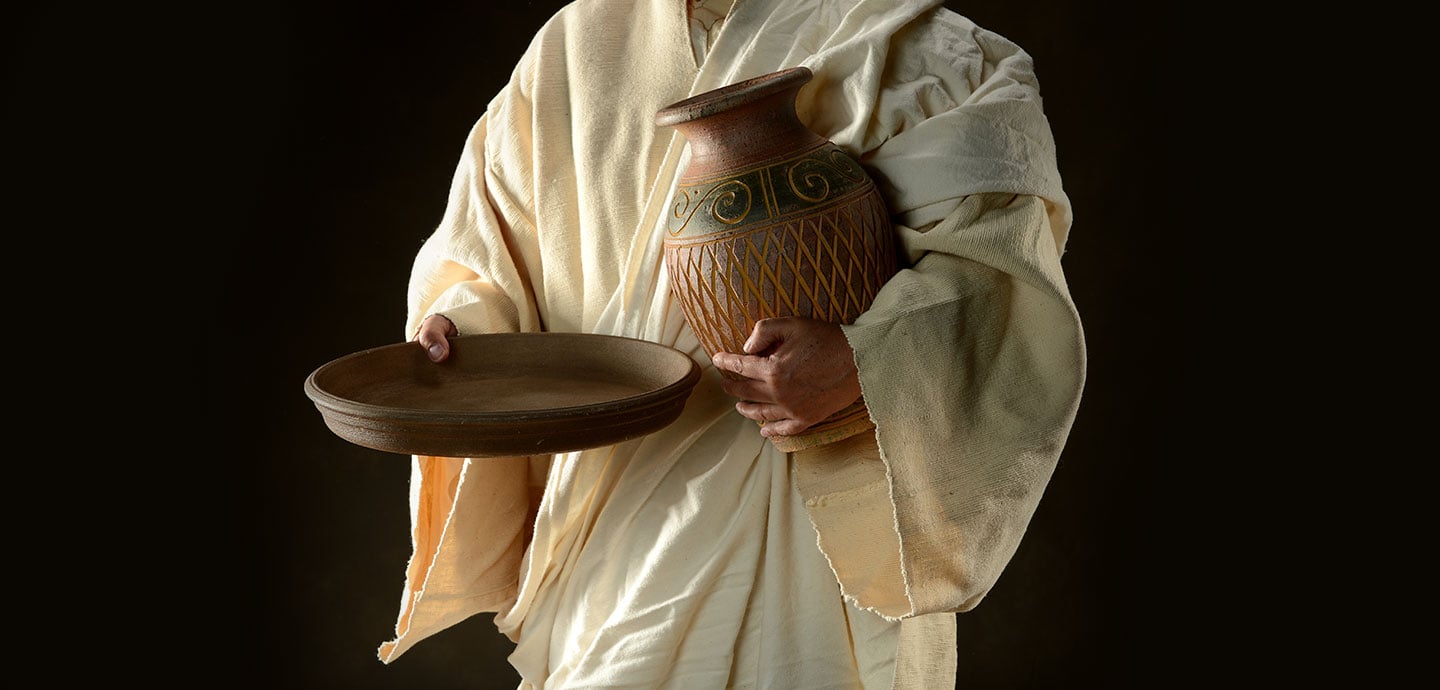English | Español
Frequently Asked Questions
We have prepared a list of questions that are frequently asked by those interested in exploring a vocation to the Permanent Deaconate. Please look through the categories below. If you cannot find the answer to your question, feel free to contact us.
Click on the sections below to expand them and view more information.
Who is the Permanent Deacon?
The Permanent Deacon is an ordained minister of the Catholic Church called to be a "sacramental sign" of the Servant Jesus in the world. The Permanent Deacon is a reminder to all the baptized of their call to be people of service and ministers of justice in the world. The Permanent Deacon leads by his own witness of faithful service and advocacy for justice and he empowers others to be signs of Jesus' service in the world. Before he was ordained, the Permanent Deacon was an active Catholic lay person, known for his dedication and service to the people of God. Through the sacrament of Holy Orders, the Permanent Deacon is ordained to lifelong service of the people of God.
What is the role of the Permanent Deacon?
The Permanent Deacon's role is most properly defined by his lifestyle of personal commitment to Christian service. He is primarily responsible for promoting and sustaining the apostolic activity of the Church in his most characteristic ministry; the ministry of charity and justice, a ministry that is distinguished by works of social concern and human development. In addition, the Permanent Deacon may baptize solemnly, officiate at marriages and funeral services, assist as Permanent Deacon in liturgical celebrations and preach in the Eucharistic Liturgy, and he may preside at various forms of community devotions.
As an individual, the Permanent Deacon maintains his current job and family life. Through his Ordination, the Permanent Deacon is committed to a lifelong ministry of worship, word, and service. The Permanent Deacon neither replaces nor inhibits the ministry of priest or laity in the Church. The Permanent Deacon's role is unique, and its focus is to be a living reminder of Christ the Servant present in the Church and world today.
What kinds of things does the Permanent Deacon do?
The Permanent Deacon reaches out to the poor, the sick, the elderly, the forgotten, the divorced, the alienated, the imprisoned, those who have no voice or suffer injustice, and others. He performs works of charity, justice, and administration in the name of the Church. He helps organize, lead, and support lay ministry. He may assist in marriage and baptismal preparation as well as other forms of catechesis.
Since the Permanent Deacon is identified in the role of servant, he can be more effective as an evangelizer and as a liturgical minister who proclaims the gospel and preaches from a base of direct contact and ministry among God's poor and needy.
The Permanent Deacon is often called to lead God’s people in prayer (Liturgy of the Hours, officiating at wakes and funerals).
What is the difference between Transitional and Permanent Deacon?
Men who are to be ordained priests are ordained Deacons prior to priesthood. These men are sometimes referred to as Transitional Permanent Deacons, because they are in the process of transition to priesthood. Men who are ordained Deacons and remain in that state for the rest of their lives are referred to as Permanent Deacons. Both Transitional and Permanent Deacons are ordained into the one Order of Deacon.
Is the Permanent Deacon ordained for the parish or for the diocese?
Orders are the sacrament of the whole Church. Anyone ordained; bishop, priest, or Permanent Deacon, is ordained for the Church. The promise of obedience at Ordination is to the diocesan bishop. It is up to the bishop to assign clergy to whatever ministry is most appropriate for the good of the whole Church. That assignment may be to the local parish, another parish, or to some other institution or ministry. As an ordained minister, the Permanent Deacon has a special relationship to the diocesan bishop. As a Permanent Deacon, he is the "eyes and ears" of the bishop in things pertaining to the welfare and needs of the people.
Can Permanent Deacon be married?
Married men can become Permanent Deacons. If married, a potential candidate should be in a stable marriage for at least five years and have the expressed consent and support of his wife. If a married Permanent Deacon is widowed, ordinarily he may not remarry. Wives of Permanent Deacons take part in the full formation process so that they and their husbands can grow together and support one another in their lives and ministries. When single men are ordained as Permanent Deacons, they make a promise of celibacy and may not marry once they are ordained.
What is some of the history of the restored Diaconate?
The Order of Deacon was instituted by the apostles. Initially, seven were chosen and "hands laid on them" (Ordination) so that they could carry on in the name of the apostles the ministry to certain widows in need. The ministry assigned to Permanent Deacons grew to include others in need, administration of temporal affairs of the Church, preaching, and certain sacramental ministries (Acts 6 and following).
After a few hundred years the Order of Deacon disappeared as a separate and distinct order in the Western Church. This order was restored as a permanent and public ministry in the Roman Church as a result of a decision made by the bishops at the Second Vatican Council. The restoration of the Permanent Diaconate was authorized in the United States in 1968. The number of Permanent Deacons in the United States has continued to grow steadily. In 2000 there were more than 12,000 Permanent Deacons ministering in more than 140 (arch)dioceses in the United States.
More history
The above link takes you to the Deacons web pages.
Contacts:
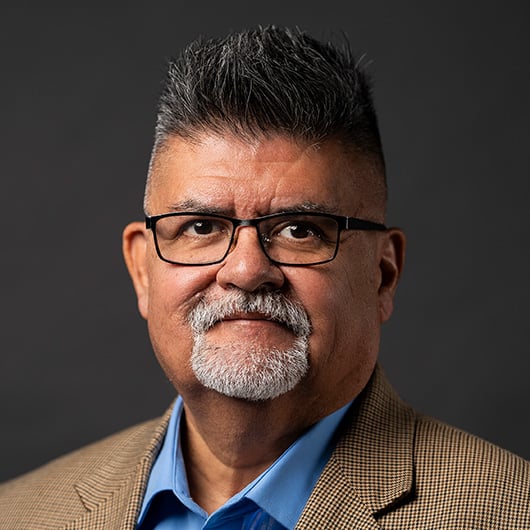
Dcn. Rodney Asebedo
Director of Diaconal Formation
817-945-9483
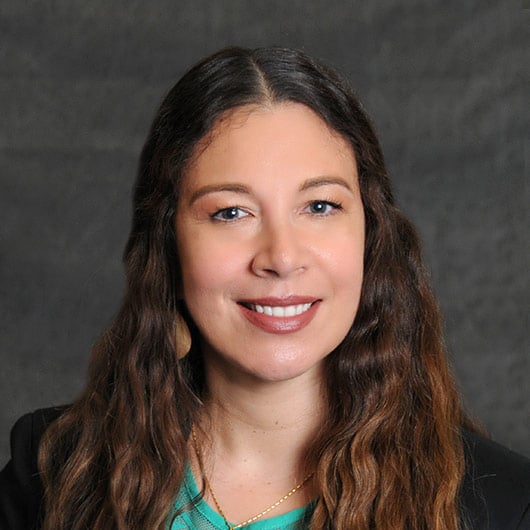
Paola Quintero-Araújo, MA
Assistant Director of Pastoral Formation
817-945-9353
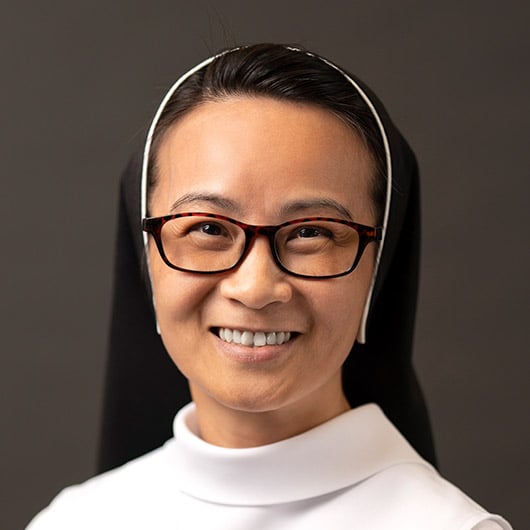
Sr. Anne Frances Ai Le, OP, PhD, MATS
Assistant Director of Intellectual Formation
817-945-9481
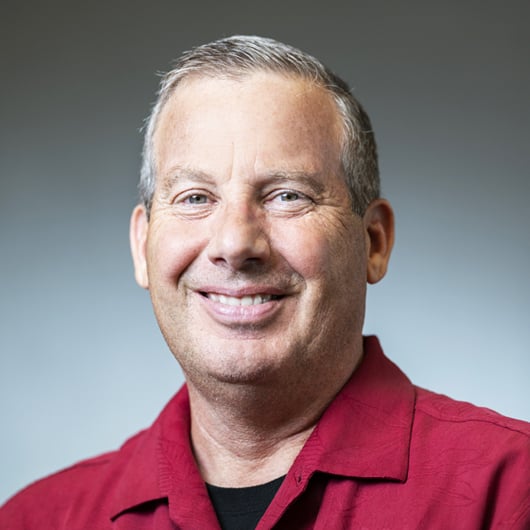
Dcn. Scott France
Diaconate Vocations Liaison and Coordinator of Aspirants Formation
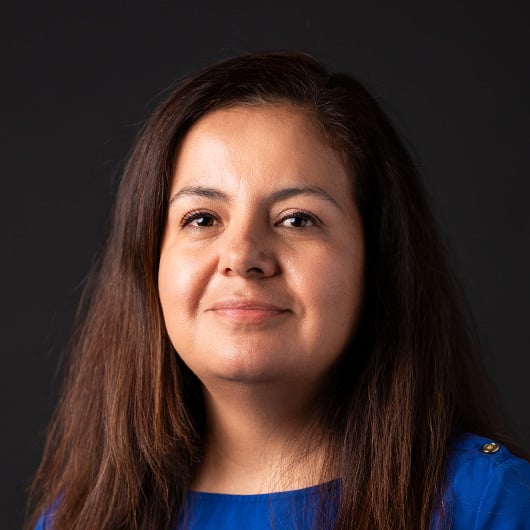
Maria Aguilar
Administrative Assistant
817-945-9482
The Diocese of Fort Worth is dedicated to a Safe Environment. We offer extensive and mandatory training for all employees and volunteers. Please contact the Safe Environment office if you need assistance or to report an abuse or concern.
Broken link or website issue?
